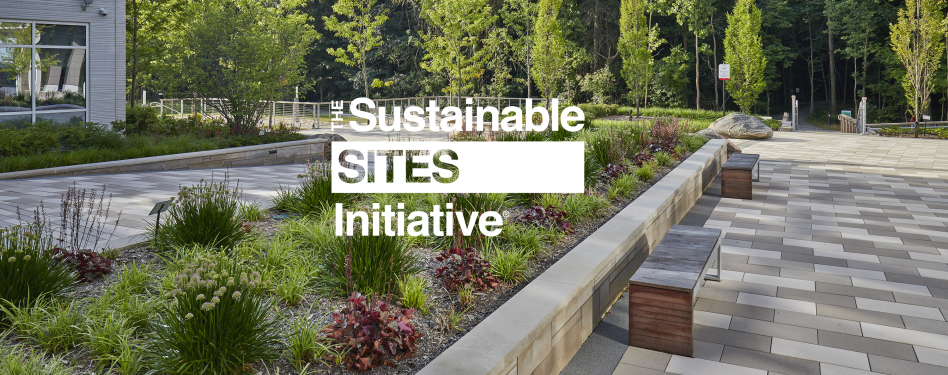
Join the world’s largest gathering of landscape architecture professionals and students heading to this year’s in-person ASLA Annual Conference in Nashville, Tennessee. From November 19-22, you can choose from over 100 educational sessions and explore hundreds of new products, services, technology applications and design solutions on the expo floor. Register now to gain perspective and establish new connections within the profession.
The two sessions below will earn you SITES CEUs, and six more sessions will award GBCI CEs.
Register for the ASLA Annual Conference
Mitigating the Carbon Footprint of Concrete (SAT-A02) - Saturday, November 20 at 11 AM-12:15 PM
The carbon footprint from the billions of tons of concrete placed each year is substantial, resulting in nearly 8% of total global emissions. This session will provide attendees with tools to reduce the carbon footprint of concrete through use of high-volume cement substitutes, concrete mix optimization, and carbon sequestering technologies.
Presenters:
- Meg Calkins, FASLA, SITES AP, North Carolina State University
- Kevin Burke, FASLA, Atlanta Beltline
- Jennifer Mitchell, LinkedIn
What Makes an Exceptional Urban Multi-use Trail? Stories from the Atlanta Beltline (SAT-B08) - Saturday, November 20 at 2-3 PM CDT
Trails are valuable infrastructure for catalyzing positive change in our cities. The Westside Trail Extension, part of the Atlanta BeltLine, is the first SITES-registered multi-use urban trail to prioritize carbon impact reduction, equitable placemaking and restorative landscapes. Achieving these goals creates a fascinating web of solutions that deliver transformative results.
Presenters:
- Lisa Cowan, ASLA, SITES AP, StudioVerde
- Brittain Storck, ASLA. Alta Planning + Design
- Meghan Injaychock, Atlanta Beltline
We’re also excited about this session, hosted by SITES users:
Collaboration on Nature-based Solutions Is Key to Resilient City Infrastructure (SAT-B05) - Saturday, November 20 at 2-3 PM CDT
Lisa Beyer, PLA, ASLA, Urban Water Infrastructure Manager, World Resources Institute and Sarah M. Minick, Utility Planning Division Manager, San Francisco Public Utilities Commission will discuss San Francisco's Joint Benefits Authority, a new mechanism allowing city departments to jointly plan, implement, and finance multi-purpose projects that maximize nature-based solutions to foster urban resilience.
The JBA tool will allow multiple departments within a City’s jurisdiction to work together, pooling their resources (financial and land), to deliver large scale integrated infrastructure solutions that utilize nature-based solutions to prepare neighborhoods, especially underserved communities, to adapt to climate change. Urban forests, parks, greenways and open spaces, our landscape infrastructure, are multi-functional, generating oxygen, sequestering carbon and other pollutants, shading streets to reduce urban heat island and calming traffic, providing homes for birds and critters, absorbing rainfall, slowing runoff, and increasing physical and mental health.
We look forward to connecting with landscape architects and SITES users (and prospective users) at the ASLA National Conference!
